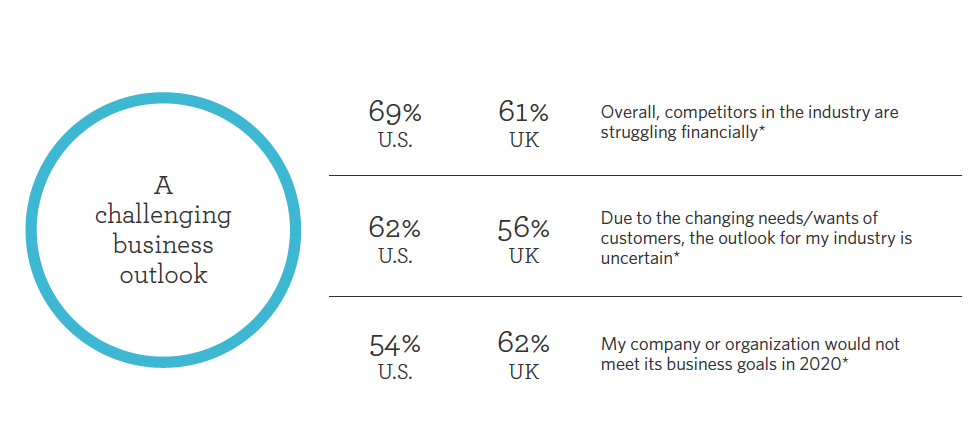Introduction :
Insurance has been a crucial aspect of modern life, providing individuals and businesses with protection against unforeseen risks. In this article, we explore the dynamic landscape of insurance and how it continues to evolve to meet the changing needs of policyholders. From technological advancements and innovative products to shifting market dynamics and emerging risks, the insurance industry is constantly adapting to ensure comprehensive coverage and financial security. Join us as we delve into the world of insurance and examine the key trends shaping its future.
I. Embracing Technological Advancements :
Technology has revolutionized the insurance industry, offering new opportunities for efficiency, personalized services, and risk management. This section explores how insurers are leveraging technologies such as artificial intelligence, data analytics, and automation to streamline processes, enhance underwriting accuracy, and improve customer experiences. Insurtech startups are also disrupting traditional models, introducing innovative digital platforms and mobile apps that simplify policy management, claims processing, and communication. The integration of technology into insurance operations enhances convenience, transparency, and accessibility for policyholders.
II. Catering to Changing Customer Expectations :
Customers’ expectations of insurance providers are evolving, and insurers must adapt to meet their demands. This section discusses the importance of customer-centric approaches in the insurance industry. Insurers are focusing on enhancing customer experiences through personalized coverage options, simplified policy language, and efficient claims handling. Additionally, insurers are investing in customer education and engagement, providing resources and tools to help policyholders better understand their coverage and make informed decisions. Customer feedback and data analysis are driving product innovation and the development of flexible insurance solutions that cater to individual needs.
III. Addressing Emerging Risks :
The insurance landscape is influenced by emerging risks and evolving threats. This section highlights the importance of insurers staying ahead of these risks to provide comprehensive coverage. Climate change, cybersecurity, and pandemics are among the emerging risks that insurers are addressing. Insurers are developing new products such as parametric insurance for climate-related events, cyber insurance for data breaches, and pandemic insurance to cover business interruptions. By proactively assessing and managing these risks, insurers can protect policyholders from potential financial losses.
IV. Embracing Sustainability and Social Responsibility :
As environmental and social concerns grow, insurers are recognizing the importance of sustainability and social responsibility. This section explores how insurers are integrating sustainable practices into their operations, such as offering green insurance policies that incentivize environmentally friendly behavior. Insurers are also supporting social causes and initiatives, contributing to community development, and promoting diversity and inclusion within their organizations. By aligning their values with those of their policyholders, insurers are building trust and demonstrating their commitment to a sustainable and socially responsible future.
V. Navigating Regulatory Changes :
The insurance industry operates within a framework of regulations that continually evolve to adapt to changing market dynamics. This section discusses how insurers must navigate regulatory changes to ensure compliance and provide effective coverage. Insurers are closely monitoring changes in laws and regulations related to data privacy, consumer protection, and risk management. They are also adapting to new regulations that promote transparency, fair practices, and ethical conduct. By staying abreast of regulatory developments, insurers can maintain trust with their policyholders and contribute to a stable and well-regulated insurance industry.
Conclusion :
Insurance remains a critical aspect of risk management and financial security in an ever-changing world. By embracing technological advancements, meeting customer expectations, addressing emerging risks, promoting sustainability, and navigating regulatory changes, the insurance industry continues to adapt and evolve. Policyholders can benefit from a range of innovative products and personalized coverage options that meet their unique needs.
